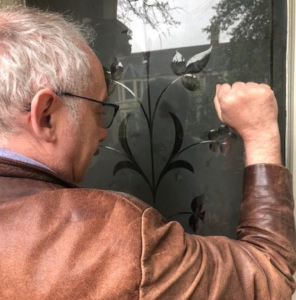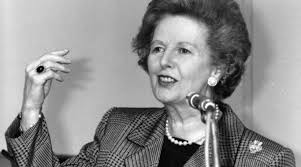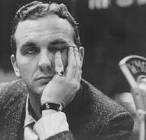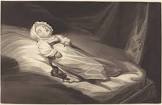- Ewe turn - 10th February 2026
- Church times - 9th February 2026
- Up, up and away… - 6th February 2026

Some of the corrupt officials and business people exposed by our Editor Welshman Phil Parry during 23 years with the BBC, and 40 years in journalism, didn’t even allow people who worked for them correct amounts of sleep, and now more research shows just how dangerous this might be.
Earlier Phil has described how he was helped to break into the South Wales Echo office car when he was a cub reporter, recalled his early career as a journalist, the importance of experience in the job, and making clear that the ‘calls’ to emergency services as well as court cases are central to any media operation.
 He has also explored how poorly paid most journalism is when trainee reporters had to live in squalid flats, the vital role of expenses, and about one of his most important stories on the now-scrapped 53 year-old BBC Wales TV Current Affairs series, Week In Week Out (WIWO), which won an award even after it was axed, long after his career really took off.
He has also explored how poorly paid most journalism is when trainee reporters had to live in squalid flats, the vital role of expenses, and about one of his most important stories on the now-scrapped 53 year-old BBC Wales TV Current Affairs series, Week In Week Out (WIWO), which won an award even after it was axed, long after his career really took off.
Phil has explained too how crucial it is actually to speak to people, the virtue of speed as well as accuracy, why knowledge of history and teaching the subject is vital, how certain material was removed from TV Current Affairs programmes when secret cameras had to be used, and some of those he has interviewed.

He has disclosed as well why investigative journalism is needed now more than ever although others have different opinions, how the coronavirus (Covid-19) lockdown played havoc with media schedules, and the importance of the hugely lower average age of some political leaders compared with when he started reporting.
You should get the right amount of sleep.

I am avoiding saying it should be at least seven hours, because there is no hard-and-fast rule on the actual figure – it must be the correct amount for you.
Margaret Thatcher famously used to get by (allegedly) on four hours sleep a night.
Love her or loathe her, it cannot be denied that she was an extremely driven individual who appeared to be on top of her game, and she was, of course, the Prime Minister for many years.

It is broken sleep, and always being on edge in case the boss calls, which are so dangerous.
Many of the corrupt business people or officials in organisations that I have looked at would ring up underlings in the middle of the night, and expect them to perform a difficult task for them whenever the idea occurred – even if it was 2 AM!


Now a new book, and growing research on the subject of sleep makes clear how risky this is.
There are natural circadian rhythms and brain wave cycles which should be adhered to, and although the reason for sleep is still a bit of a mystery, there is no doubt that it is needed.
Research by Mary Carskadon has underlined this salient fact, by showing that the number of fatal accidents peak in the early hours of the morning, at the point in the sleep cycle when alertness levels are at their lowest, and unintended ‘microsleeps’ most common.

In 1959 Peter Tripp a Radio DJ in New York tried to stay awake for 200 hours to raise money for charity.
But half way through his ordeal he developed a disturbing thousand yard stare, became extremely profane, and hallucinated that bugs were crawling all over his clothes.
At the 170 hour mark he was accusing the sleep researchers of poisoning his food and framing him for unspecified crimes.
In the end he fled the scene, with several doctors in hot pursuit, and there have been severe long-term consequences!

Drugs to help Mr Tripp stay awake may also have been a factor.
All of this is emphasised in a book just out called MAPPING THE DARKNESS: THE VISIONARY SCIENTISTS WHO UNLOCKED THE MYSTERIES OF SLEEP by Kenneth Miller.
Only now are we becoming aware of how important unbroken sleep is.
In the 19th century there was little research into this, and sleep was thought of as a pretty useless left over of evolution.

Today we know different – and some of those corrupt officials should have known too…
The memories of Phil’s decades-long award-winning career in journalism (including some of the unlikely situations he has been in as a reporter) as he was gripped by the rare disabling condition Hereditary Spastic Paraplegia (HSP), have been released in a major book ‘A GOOD STORY’. Order it now!

Regrettably publication of another book, however, was refused, because it was to have included names.








